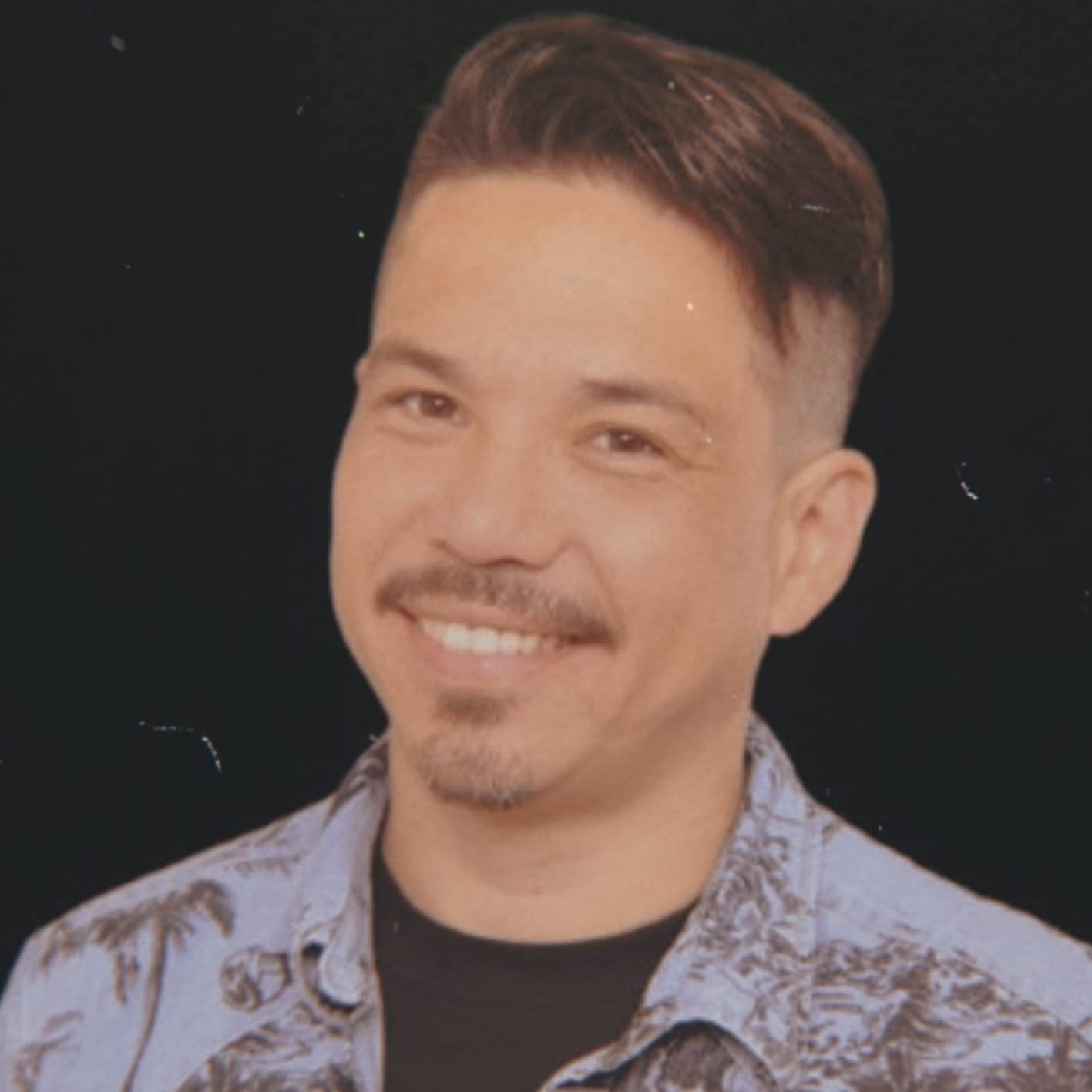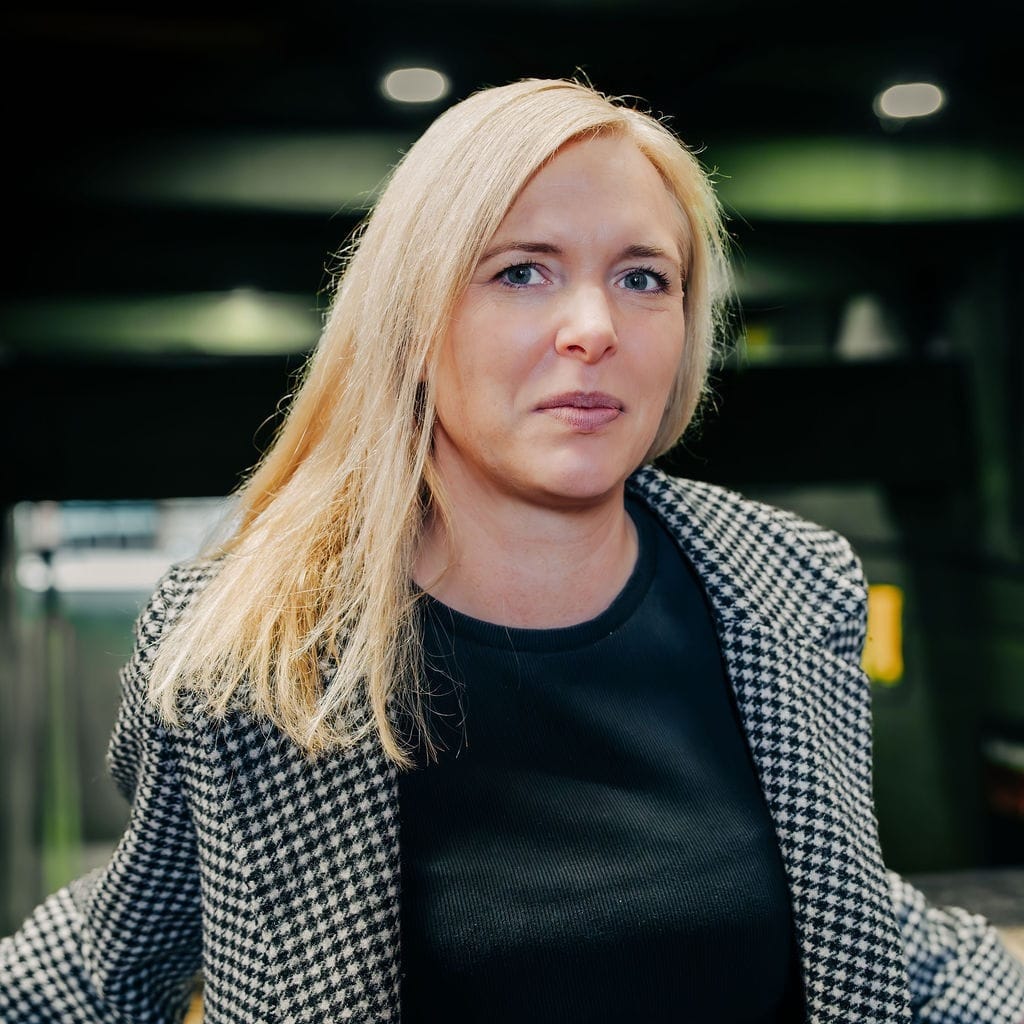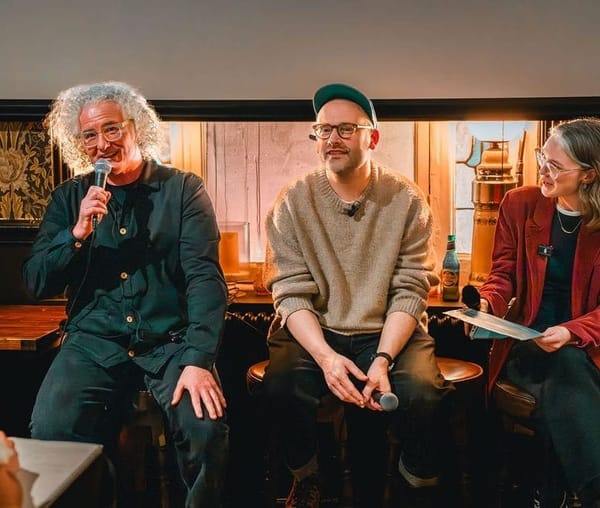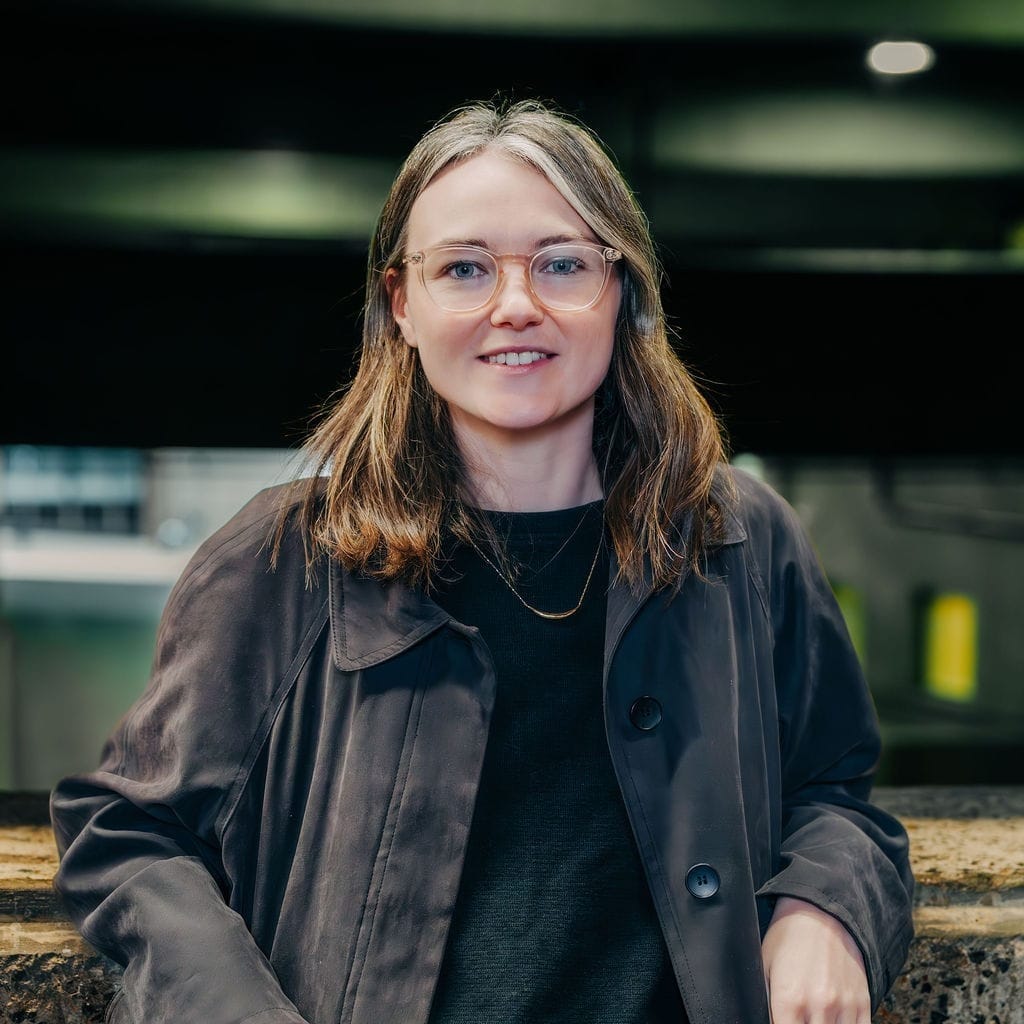Sofia Ryan never imagined herself as a leader. Leadership, she admits, was something she avoided – until she discovered that innovation doesn’t stumble because of a shortage of ideas, but because it’s missing the right kind of leadership.
Why Innovation Fails
“You can hire the best of the best, put them in a room, and still get nothing,” Sofia says. “Innovation breaks when leaders don’t understand the craft, when they don’t see people’s strengths, or when they can’t create a space for collaboration.”
That philosophy now guides her work as vice president of product at Frontify, the brand management platform. Her role spans design, user research, R&D, product management, and marketing, all disciplines that are often kept in silos at large companies. But for Sofia, bringing them together is essential for the kind of fast, complex innovation today’s world demands.
Leadership as Orchestration
For Sofia, leadership isn’t about who has the most authority, it is about orchestration. “It's really about creating a space for different opinions but also knowing when to cut through, so it doesn't become an endless discussion. You need to say, 'Let's try this' – always keeping things lean and experimental.”
Innovation, she reckons, is powered by play – a lesson learned from her children. “What happens when I bend this or push this, and what reaction will I get from my sister if I poked her,” Sofia shares. The problem though is that companies are so geared towards productivity, they forget to give time, space and resources to play.













